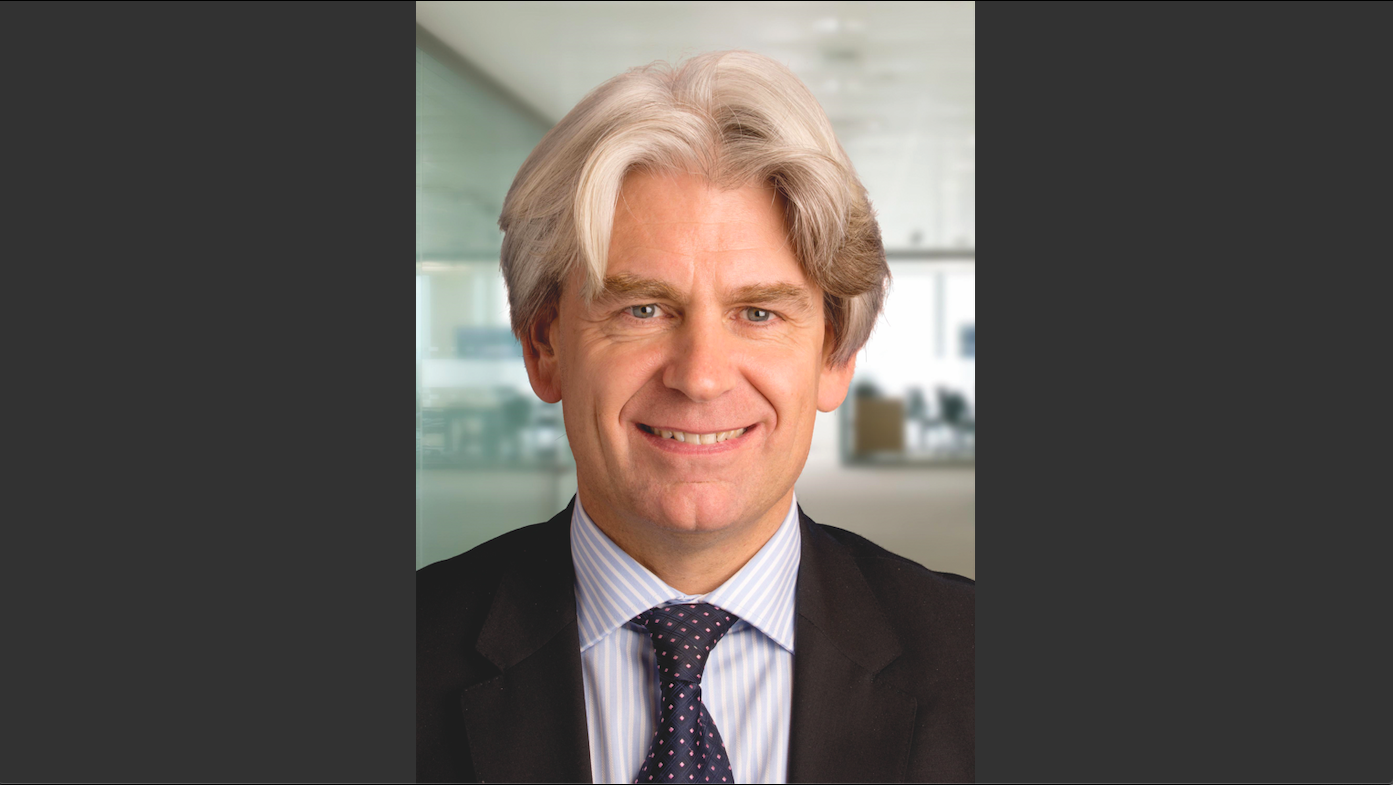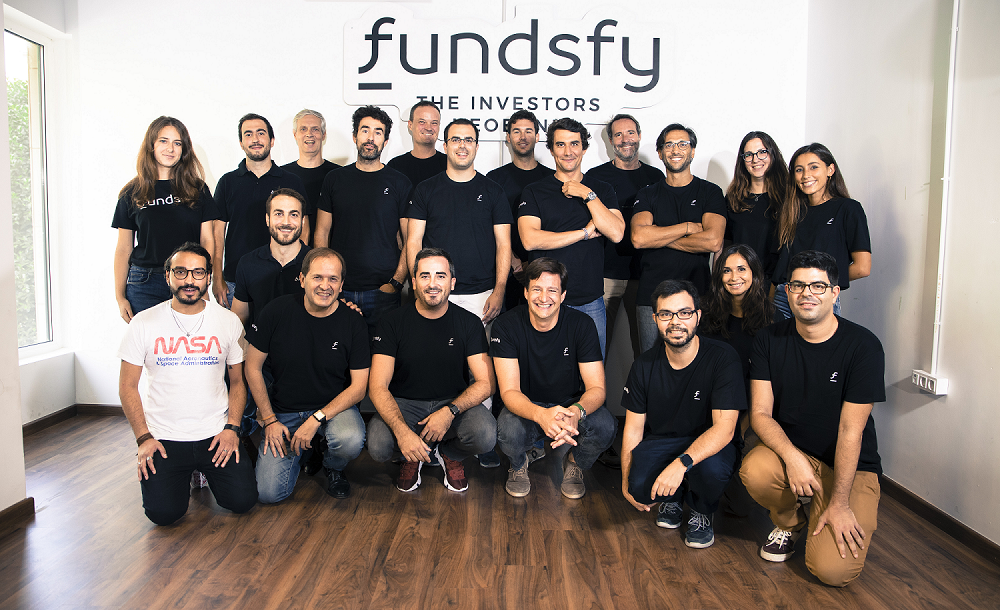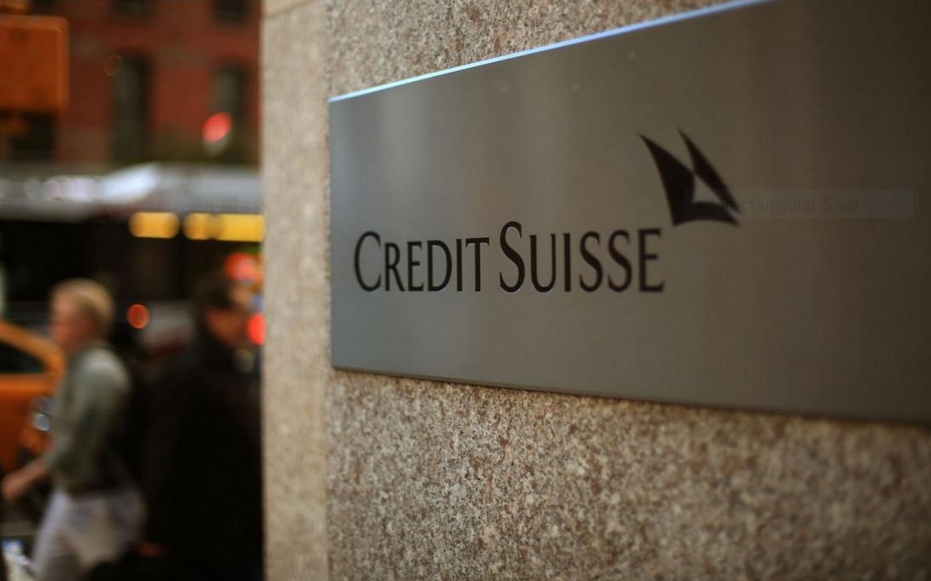Caída en el mercado del petróleo: ¿ha tocado techo la demanda?
| Por IreneValiente | 0 Comentarios

El fracaso de la OPEP+, la lucha de poder entre Arabia Saudita y Rusia, los números rojos y la mayor caída de la demanda que se ha visto en la historia: en tan solo un mes y medio, a los mercados petroleros se les han acumulado una serie de turbulencias únicas, agravadas por la crisis sanitaria actual. Mark Lewis, director global de análisis de sostenibilidad de BNP Paribas Asset Management, considera que el hecho de que los precios del petróleo se hayan vuelto negativos por primera hará que los inversores comiencen a perder la confianza hacia este mercado. Por ello, se pregunta si ya ha tocado techo la demanda.
“La pandemia ha exacerbado aquellas presiones estructurales a largo plazo que ya sufrían los mercados petroleros a nivel mundial, como el endurecimiento de las normativas climáticas, la mejora de la competitividad de las renovables y la mayor preocupación hacia la calidad del aire”, asegura en un webcast celebrado recientemente por la gestora. En su opinión, algunas de esas presiones temporales se volverán permanentes a raíz de los cambios de comportamiento que provocará el coronavirus, como el aumento del teletrabajo o la reducción de los viajes en avión.
Además de la descentralización o la digitalización, para Lewis, una de las tendencias más claras en el sistema energético global es la “descarbonización”, que ha ido creciendo desde la firma del acuerdo de París en 2015. Impulsada por factores como el movimiento de jóvenes activistas por el clima liderado por Greta Thunberg, ya se está empezando a hacer visible con las medidas de algunos gobiernos dirigidas a alcanzar el “cero neto” de emisiones en 2050, por ejemplo.
Energías renovables competitivas
Aun así, la más importante de todas estas tendencias es, a su juicio, la deflación en las energías renovables: “Sus costes han estado cayendo tan rápido en los últimos 5 años que ya nos encontramos en un mundo completamente nuevo en el que pueden competir con las energías fósiles sin la necesidad de subsidios”. Esto, destaca, no ocurrió en la crisis que sufrió el mercado del petróleo en 2009 o 2015, ya que en ambos casos las renovables todavía dependían relativamente de él. “Pero, ahora, son competitivas”, insiste.
 Por otro lado, revela que de aquí a 2040 el crecimiento de la demanda de energía provendrá, en gran medida, de los mercados emergentes, con India y China a la cabeza; mientras que se espera un descenso generalizado en los países de la OCDE. “En Asia y el sudeste asiático en particular, existe una clara necesidad de mejorar los estándares de vida a través del incremento en el consumo energético, pero sobre todo de reducir la contaminación para evitar ese apocalipsis del aire que está provocando la muerte de miles de personas”, dice Lewis.
Por otro lado, revela que de aquí a 2040 el crecimiento de la demanda de energía provendrá, en gran medida, de los mercados emergentes, con India y China a la cabeza; mientras que se espera un descenso generalizado en los países de la OCDE. “En Asia y el sudeste asiático en particular, existe una clara necesidad de mejorar los estándares de vida a través del incremento en el consumo energético, pero sobre todo de reducir la contaminación para evitar ese apocalipsis del aire que está provocando la muerte de miles de personas”, dice Lewis.
A esto se une el hecho de que existe una gran dependencia energética en esos países: las importaciones suponen el 60% del consumo de petróleo en China, y un 80% en India. “China ya es una súper potencia e India está en camino, por lo que deben encontrar otras formas de satisfacer la demanda sin depender de una materia prima tan estratégica”, apunta.
¿El pico de la demanda?
Al analizar las circunstancias que rodean al colapso de la demanda, Lewis incide en las características del petróleo de esquisto estadounidense, la mayor fuente de crecimiento de la oferta de crudo en la última década. En ese sentido, destaca que afronta una “crisis existencial”, ya que, ni siquiera cuando los precios del barril han sido elevados, ha logrado registrar flujos de caja positivos. Esto se debe a que se trata de una industria de capital intensivo: las caídas que sufren los pozos de esquisto son muy superiores a las de los convencionales y hay que seguir perforando para mantener el flujo de petróleo.
 El problema es que, en el momento actual, se está produciendo demasiado petróleo para un mercado con un exceso de oferta ya de por sí. “Inicialmente, los inversores estaban felices de financiarlo por su crecimiento exponencial, pero puede que ya no sean capaces”, advierte.
El problema es que, en el momento actual, se está produciendo demasiado petróleo para un mercado con un exceso de oferta ya de por sí. “Inicialmente, los inversores estaban felices de financiarlo por su crecimiento exponencial, pero puede que ya no sean capaces”, advierte.
Con todo, Lewis hace hincapié en que en las últimas semanas se ha alcanzado la mayor caída de consumo de petróleo de la historia y se espera que en abril se alcance un mínimo histórico en la demanda. En concreto, la Administración de Información Energética de Estados Unidos (EIA) prevé un descenso de 18 millones de barriles diarios, cifra que la IEA aumenta hasta los 29 millones. Ambos organismos consideran que esta caída se recuperará a finales de año alcanzará los niveles de demanda de 2019.
Sin embargo, en su opinión, esa recuperación en forma de V que pronostican es “muy improbable”. “La pandemia dejará cicatrices en la ciudadanía y en los inversores en particular, que no van a volver a mirar a esta industria de la misma manera”, declara. En esa línea, está convencido de que la crisis ha acelerado el camino hacia el pico de la demanda, lo que terminará afectando a las valoraciones de las empresas del sector e, inevitablemente, provocando quiebras.
“El cierre de la economía ha revelado la fragilidad de la industria. Ahora, el sector financiero tiene que volverse más resiliente y prepararse para las amenazas del cambio climático”, sentencia.










